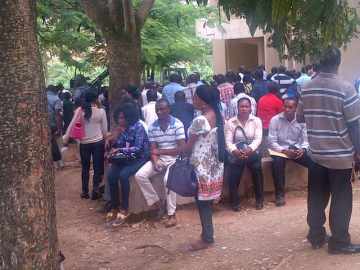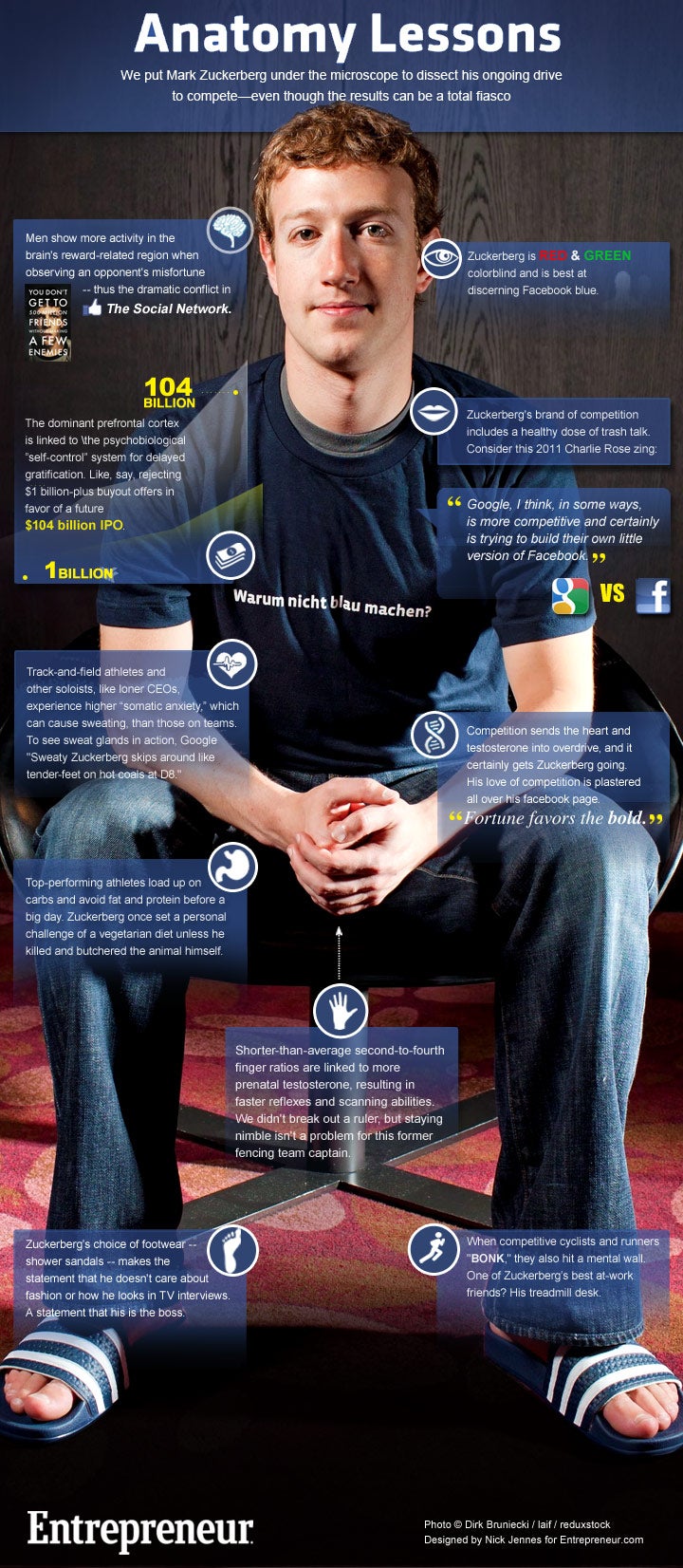It was with utter astonishment that the audience at Kofar Sauri
Sharia court in Katsina on that fateful afternoon earlier this month,
listened to the 12 year old pupil, Sani Musa, charged with theft, tell
the court that he had to steal some metal scrap, in order to get
money to enable
him
continue with his studies. He shocked the court further by producing
the books, schoolbag and other school materials which he bought with the
money
obtained from disposing of the scrap metal. Family members testified to
the court that Sani had been complaining over a lack of school
materials and acknowledged
him
to be “hardworking, intelligent and… the best student of his school”.
The court subsequently acquitted Sani Musa and resolved to shoulder his
needs in school henceforth.
Now this situation of a promising pupil, keen and eager to learn but
left in want of necessary school materials is one faced by thousands of
young people in Nigeria. Sani Musa belongs to a youth demographic, under
the
age
of 30 years fast becoming a “youth bulge” in developing countries, a
situation where a large share of the population is comprised of
children
and young adults. According to the World Bank, nearly 70% of Africa’s
over 1 billion people are under 30 years. Nigeria, Africa’s most
populous country, leads the pack with a “
very young age structure” where two-thirds of 164 million Nigerians are under the
age of 30. Countries like Nigeria, have the opportunity to turn this youth bulge into a “
demographic dividend”
or active and productively engaged youthful population, that can power
economic growth and development otherwise, this bulge is a ticking time
bomb waiting to explode into a youth “disaster” which in the face of
scarce economic opportunities become disillusioned and frustrated,
imperiling an already fragile socio-political stability.

Diagram
the demographic stress of countries around the world. Nigeria has been
placed in the “Extreme” category. Source: Population Action
International (PAI)
How to effectively engage the “youth bulge” is the current zeitgeist –
theme in the air – featuring prominently in many international
conferences on Africa. According to the conventional wisdom in this
zeitgeist, this rapidly growing youth demographic can become a
demographic dividend with adequate education, employment and economic
opportunities. The onus of providing such opportunities generally lies
with governments and we are all too familiar with how Sub-Saharan
African leaders have continuously fallen short of these
responsibilities. The premise here is that our predominant focus on the
central role of government in providing these opportunities and
government’s glaring shortcomings has made us gloss-over the role
non-government actors such as parents, communities and not-for-profit
groups can and should play in complementing government efforts to ensure
our youth bulge in Nigeria translates into a demographic dividend so
that young people like Sani Musa have a future to look forward to.

Nigeria’s population pyramid, showing the “youth bulge” at the base.
The importance of education to a country’s overall progress cannot be overemphasized. According to a
2006 IMF report,
“the skills of the labor force, built largely during childhood and
youth, are an important determinant of a country’s overall investment
climate”. These skills are built when primary, secondary and tertiary
education opportunities are provided to young people. Nigeria’s
challenges in providing education are well documented, with literacy
rates of the 15-24
age
range at 65%-75% for females and males with stark regional variations
between the Northern and Southern parts of the country. While enrolment
and completion rates have increased for primary education, the enrolment
rate remains low for secondary education, at 25.8% according to
World Bank 2010 figures.
Importantly, very few of these have access to quality education –
across all three levels. Decaying equipment and facilities, poorly
qualified teachers sometimes barely able to speak English, poorly
equipped universities and tertiary institutions have all resulted in
consecutive mass national failure in secondary school leaving
certificate exams –
up to 98% in the 2009 NECO exams – and
half-baked graduates
from tertiary institutions, at best unable to write formal application
letters and at worst lacking transferable skills, for a career path they
are already uncertain of. Poor funding, corruption and persistent
systemic decay of the education sector are all key factors resulting in a
poorly educated and largely unskilled youth demographic.
Following closely is the challenge of providing adequate employment
and economic opportunities in order to engage the youth productively to
power economic and human development. According to
World Bank economist Justin Yifu Lin,
“one basic measure of a country’s success in turning the youth bulge
into a demographic dividend is the youth (un)employment rate.” Yet,
Nigeria is saddled with almost 20 million unemployed people, with about 2
million new entrants into the dispirited realm of the unemployed each
year, according to the Nigerian National Bureau of Statistics.
Unemployment among the under-30 age group is much higher at about 37.7%
though civil society groups place the figure closer to 50%.
Of course youth unemployment is a not a phenomenon exclusive to
Nigeria or Sub-Saharan Africa as many developed countries, notably
Greece, Spain and Portugal are plagued by
high youth unemployment rates (49.3%,
48.9% and 34.1% resp.) with the recent global economic downturn.
However, if countries like Nigeria are to avert a demographic disaster
already incubating a lost generation vulnerable to drug addiction,
militancy, insurgency and
general disillusionment, then it is imperative that this youthful population is productively engaged.

Youths on a rampage during the 2011 post-elections riots in Nigeria
Employment generation is a function of adroit economic policies,
government job creation schemes, existence of an enabling environment —
infrastructure, law and order and an efficient regulatory system – and
private sector initiatives, flourishing within this environment to
create job opportunities.

Jobseekers in Abuja in June 2012 waiting to submit application forms for entry into the Civil Service
A skilled populace, given the right incentives interacts favorably
with this business-friendly environment to be productive citizens.
However, Nigeria remains a country with immense untapped potential –
vibrant population, large market – and an even greater potential of
harnessing all these for economic prosperity, but for the most part, the
full transition from “potential” to “actuality” is yet to takeoff. The
2012 Ease of Doing Business Index ranks
Nigeria 133 out of 183 economies in terms of starting a business (116),
getting electricity (176), and access to credit (78). This difficult
terrain not only stifles entrepreneurial innovation but has engendered
a
survival-of-the-most-connected fierce competition for scarce
and “lucrative” public sector jobs. Lofty poverty alleviation programs
have characterized government employment generation initiatives though
President
Jonathan’s
You WiN!
– Youth Enterprise with Innovation in Nigeria – intervention of
supporting aspiring entrepreneurial youth holds some hopeful prospects
for employment generation.
While these sobering facts portend bleak prospects for the teeming
youthful population in Nigeria, there are specific junctures where
non-government actors could stage interventions in complementing
government efforts in providing education, employment and economic
opportunities, to turn this impending youth-bulge disaster into a
dividend.
(TO BE CONCLUDED IN PART II)
By Zainab Usman









 Diagram
the demographic stress of countries around the world. Nigeria has been
placed in the “Extreme” category. Source: Population Action
International (PAI)
Diagram
the demographic stress of countries around the world. Nigeria has been
placed in the “Extreme” category. Source: Population Action
International (PAI)
 Nigeria’s population pyramid, showing the “youth bulge” at the base.
Nigeria’s population pyramid, showing the “youth bulge” at the base.

